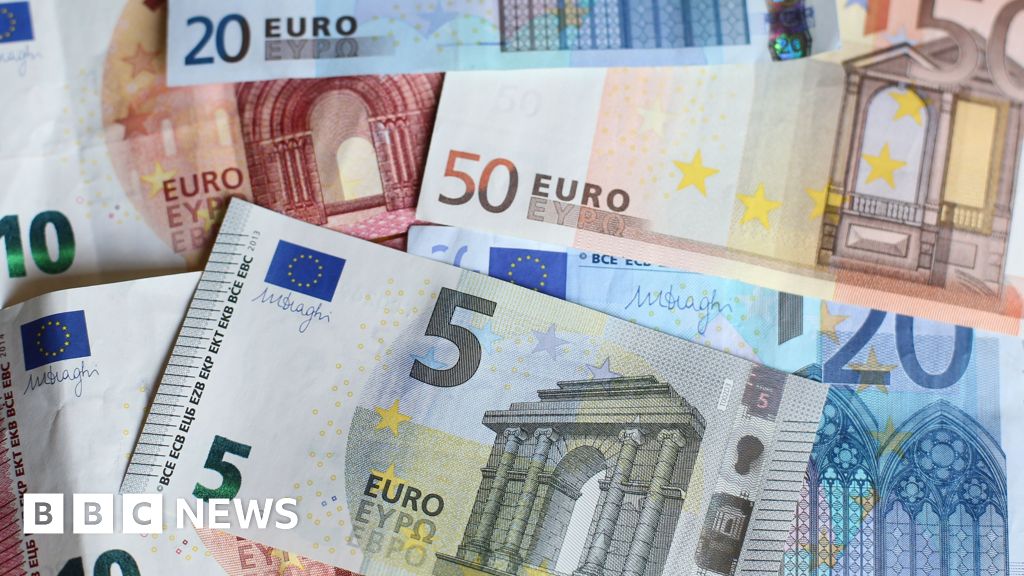Bussiness
Tax windfall continues for Irish economy

The Irish government collected €12bn (£10.16bn) in corporation tax in the first half of 2024 – 15% more than the same period in 2023.
Corporation tax is the tax companies pay on their profits.
Ireland has benefited from reforms to global tax rules, which means major companies pay much of their corporation tax in the country.
The Irish government is setting up a sovereign wealth fund with the windfall.
Last year, Ireland raised €24bn (£20.32bn) in corporation tax, three times as much as the €8bn (£6.77bn) it took in just six years ago.
Meanwhile the country’s Finance Minister, Jack Chambers, says he is bringing forward the budget by a week to 1 October.
That will fuel speculation that the governing coalition is planning to call a general election before the end of the year.
Mr Chambers told Irish broadcaster RTÉ the government is “absolutely committed” to running its full term into next year.
He said the new budget date was due to ministerial commitments in Europe the following week.
The Irish economy has been performing relatively strongly with the latest tax returns underling the health of the country’s job market.
Income taxes over the first six months of 2024 were almost €17bn (£14.4bn), up 7.5% on a year ago while VAT receipts, which reflects consumer spending, were up by 6.2%.
An independent budget watchdog, the Fiscal Advisory Council, has cautioned the government against a “giveaway” pre-election budget saying it could lead to inflation rising again.
It said: “As the economy is already operating at full capacity, loose budgetary policy would add to price pressures.
“As always, there are several seemingly compelling demands for tax cuts and spending increases.
“But the government needs to make choices. Doing everything now would add to price pressures and could overheat the economy.”










